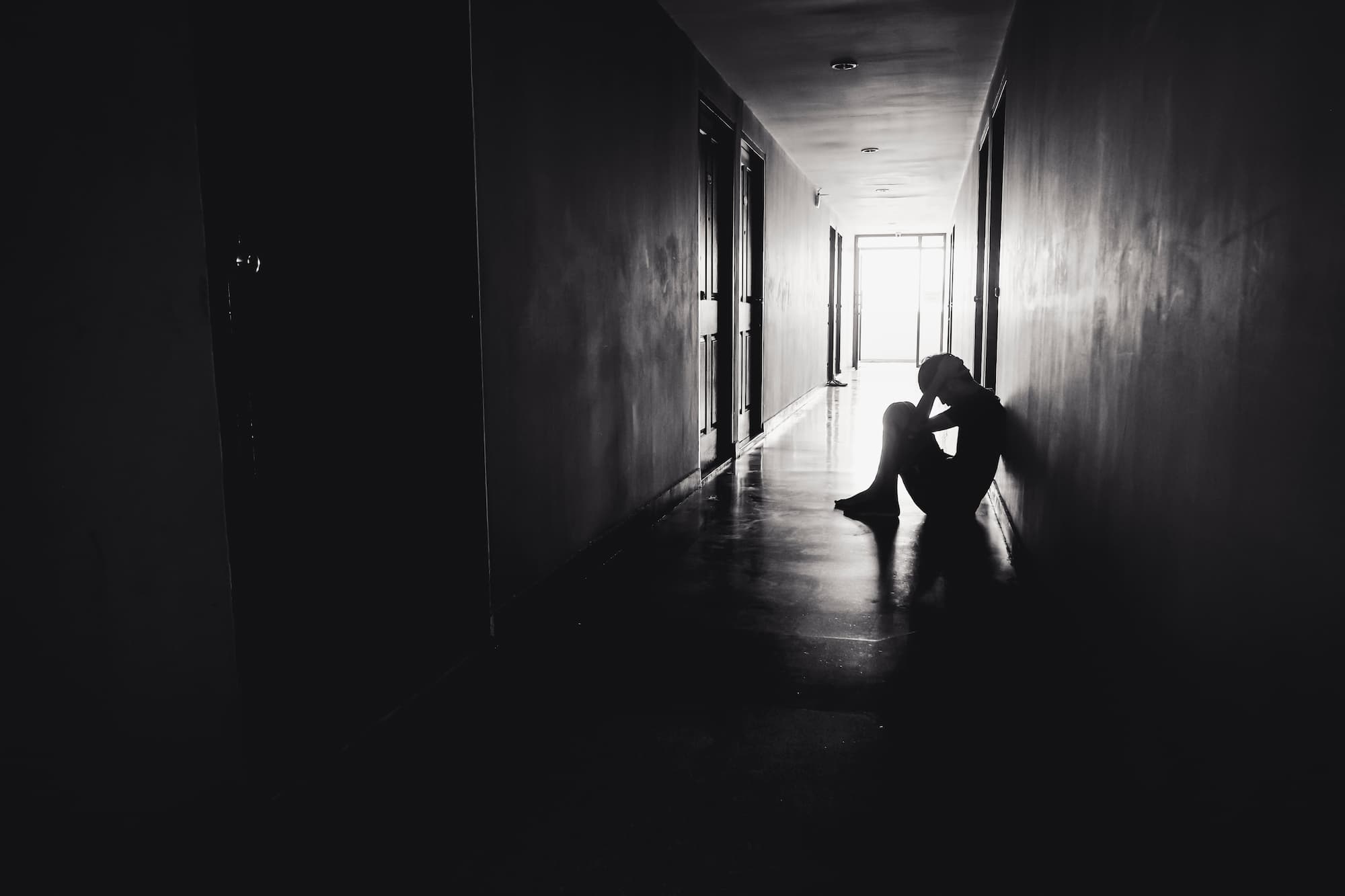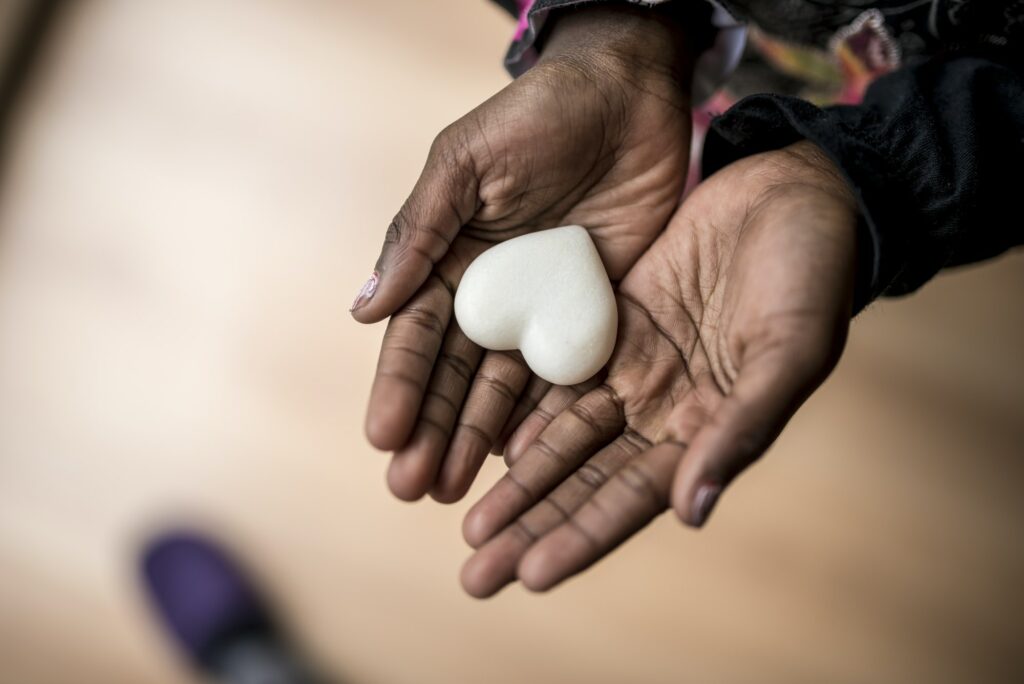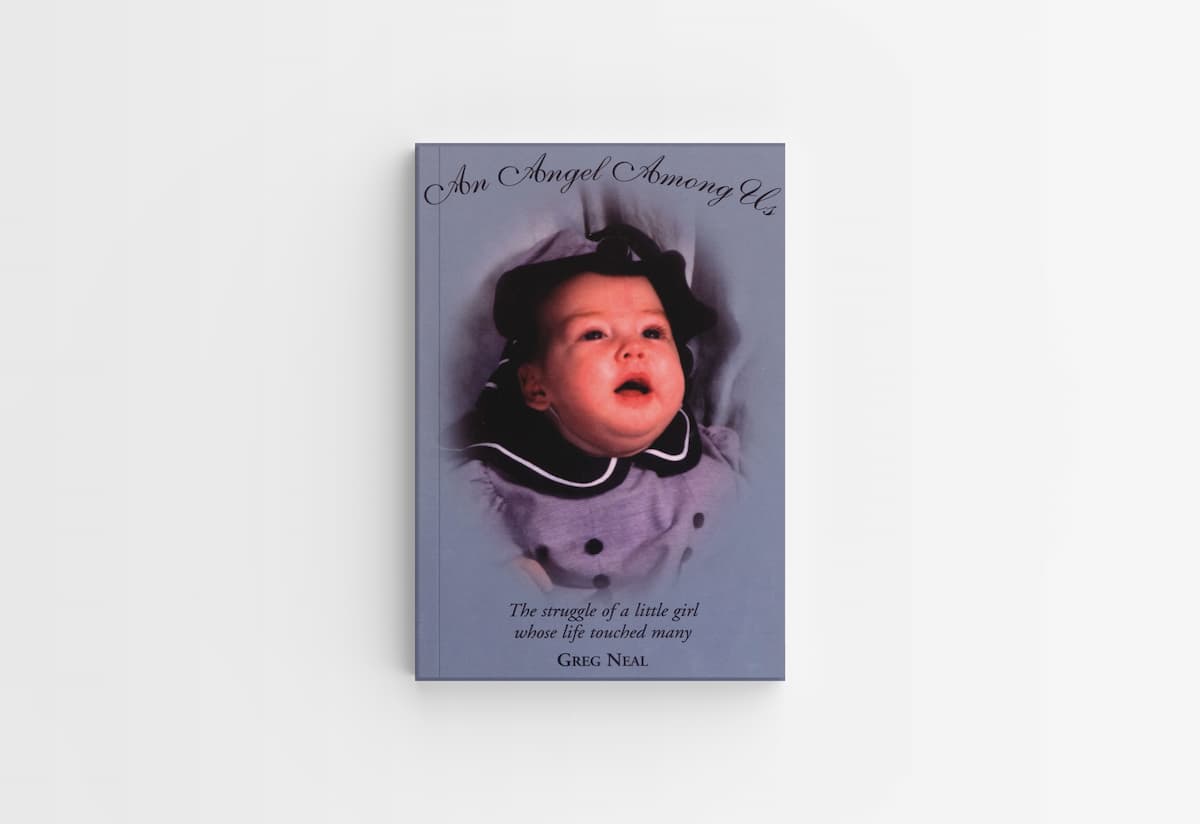
People take for granted the fact that grief can affect you physically. The emotional and mental effects of grief are usually indisputable and evident during a time of loss, but the physical effects are often undetected and ignored until they surface in a doctor’s visit down the road. The stress of experiencing grief takes a physical toll that the Bible has spoken of in Proverbs 15:13, “A merry heart maketh a cheerful countenance: but by sorrow of the heart the spirit is broken.” Broken – that word is easily associated with the grieving process. This brokenness can go deep enough into your heart and mind that how you think begins to affect how you feel.
The following is an excerpt from Dr. Don Colbert, M.D., taken from his book Deadly Emotions where he details medically what happens to a person experiencing the stressful toll that grief takes on our bodies:
Through the years we physicians frequently see patients go through emotionally devastating experiences such as divorce, bankruptcy, or the death of a child – only to see those patients experience heart attacks, recurrences of cancer, autoimmune disease, or serious crippling or disabling conditions.
As physicians, however, the vast majority of us have been trained to separate emotions from physical disease. Our training teaches us that emotions are… well, emotional. Diseases are strictly physical.
Increasingly, however, we are having to confront the fact that the body cannot differentiate between stress that physical factors cause and stress that emotional factors cause. Stress is stress. And the consequences of too much unmediated stress are the same regardless of the factors that led to a buildup.
One of the most physically taxing parts of grief is to see how life goes on during your time of loss. You may feel “stuck on the side of the road” while everyone else is taking their merry road trips on the highway of life, whizzing off to work, and running daily errands without a care as to what you are going through. You sit and watch. They keep on going. Life around you goes on as normal, but you are in slow motion. The mental walls begin to close in, and the physical toll begins, and the stress builds up, and your heart breaks down. How can time go on for everyone else while my world is standing still?
In times of brokenness, people often take one of two extremes: push themselves to the brink of exhaustion, throw themselves back into everything they used to do with even greater exertion than before; or let themselves give up doing anything and everything and sink into deep depression. Neither of these extremes are good for you physically, emotionally, or spiritually. Ask yourself this question: “Have I been taking one of these two extremes in my life during my time of grief?” If so, what should you do instead of these two extremes? Is there an alternative?
In Matthew 14:1-12, Jesus Christ experiences a deep loss. His friend and companion in ministry, John the Baptist, was beheaded by a wicked ruler’s scheme. After His disciples told Him that His friend John was dead, Jesus took some time apart from everything in verse 13, “When Jesus heard of it, he departed thence by ship into a desert place apart:” While the world went on around Him, Jesus took a brief moment in the desert apart from everyone. In verses 14 through the rest of the chapter, we see that Jesus did not wallow in misery in the desert. He simply took that time apart before He went on to perform the great miracle of feeding over 5,000 people with 5 loaves and 2 fishes.
After experiencing heart-rending loss, Jesus took some time apart before He went on with His ministry on earth. What if there were a place where you could “take some time apart” before continuing on with your daily tasks of home, and job, and extracurricular duties? Just as Jesus took that time apart in the desert, you can take some time apart “in the desert” as well.
The Amanda Ranch is a private location nestled along the San Juan River in the deserts of New Mexico. It is a peaceful place to take some time apart, get alone with God, and prepare yourself to handle the emotional, physical, and spiritual effects of grieving a great loss. If you do not take time apart, if you choose to extend yourself beyond your limits, or if you choose to give up on continuing existence, the consequences can be dire as explained by the physician in the previous excerpt. At the Amanda Ranch, you can “get away from it all” and allow yourself the space of grace needed to reconnect with God and your family before continuing to run the race that God has set before you.







